Working in the heart of the aviation world, the cabin crew members experience the thrill and challenges of their profession daily. From looking after passenger needs to handling unexpected emergencies, they are the true heroes of every flight. However, a common question that’s frequently asked is – when do cabin crew members retire?
Table of Contents
Video: 86-year-old Woman is the World’s Longest Serving Flight Attendant
Guinness Book of World Records has named Bette Nash, who works for American Airlines, the world’s longest serving flight attendant as she celebrated 65 years of service.
Age is Just a Number
In the aviation industry, retirement doesn’t follow a strict guideline. This decision varies across airlines and countries, being influenced by several factors. Still, it’s possible to observe certain trends and common practices.
A significant number of airlines have established age limitations for the hiring of cabin crew members. It’s common for them to stipulate that applicants must be a minimum of 18 years old. At the other end, some might set the maximum age as high as 65, aligning with the typical retirement age in numerous countries. However, remember, these guidelines aren’t universally applicable.
Certain airlines and countries don’t impose an upper age limit, acknowledging the advantages of experience and wisdom that come with age. For instance, in some parts of the world, there’s no set retirement age for the aviation industry, allowing many experienced flight attendants to work even in their later years.
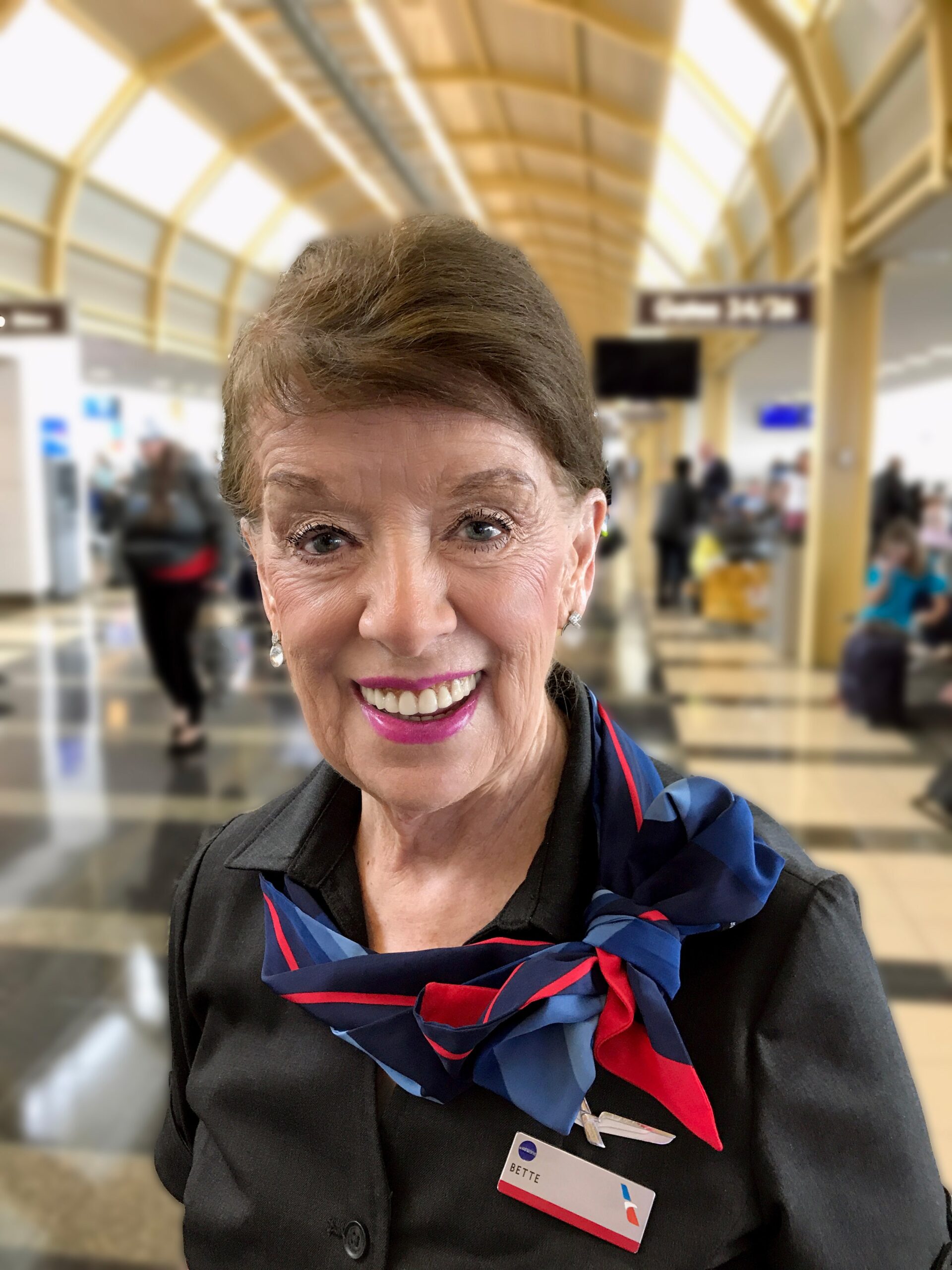
Factors Affecting Retirement Decisions
Retirement age for cabin crew members isn’t solely determined by regulations or the rules of individual airlines. Personal factors also weigh heavily on these decisions. The physical demands of the job, irregular working hours, constant travel, and frequent periods away from home are all considerations that can impact when someone chooses to retire.
Moreover, passion for the job often keeps many cabin crew members active well beyond standard retirement ages. The thrill of travel, the joy of meeting new people, and the satisfaction of ensuring passenger safety and comfort can be potent motivators, allowing them to keep soaring the skies.
Conclusion: When do Cabin Crew members retire?
In essence, the question of when do cabin crew members retire doesn’t have a straightforward answer. It depends on a blend of factors, including regulatory guidelines, airline policies, and personal preferences. Retirement in this field is a personal journey that varies from one individual to another. But one aspect is undeniable – regardless of their age, cabin crew members continue to dedicate their lives to ensure a smooth, safe, and comfortable journey for all passengers on board.
So, the next time you step onto a plane, consider these remarkable individuals. Regardless of their age, they’re dedicated to ensuring your flight experience is as comfortable and enjoyable as possible.
Frequently Asked Questions (FAQ)
What is the typical retirement age for cabin crew members?
The retirement age for cabin crew members can vary depending on the airline, country regulations, and individual preferences. While some airlines may have a maximum retirement age, others may not have a set age limit.
Do airlines have age restrictions for hiring cabin crew members?
Yes, many airlines have age restrictions for hiring cabin crew members, typically requiring applicants to be at least 18 years old. Some airlines may also have a maximum age limit for new hires.
Are there airlines or countries without a set retirement age for cabin crew members?
Yes, some airlines and countries do not impose a specific retirement age for cabin crew members. They recognise the value of experience and may allow experienced flight attendants to continue working even in their later years.
What factors influence the retirement decisions of cabin crew members?
Retirement decisions for cabin crew members are influenced by a variety of factors, including regulatory guidelines, airline policies, personal preferences, and the physical demands of the job.
Do cabin crew members retire solely based on age?
No, retirement decisions for cabin crew members are not solely based on age. Personal factors such as physical health, lifestyle preferences, and passion for the job also play significant roles.
What motivates cabin crew members to continue working beyond standard retirement ages?
Many cabin crew members are motivated to continue working beyond standard retirement ages due to their passion for the job, love of travel, enjoyment of meeting new people, and satisfaction in ensuring passenger safety and comfort.
How do airlines accommodate older cabin crew members in terms of job duties and schedules?
Airlines may offer accommodations such as flexible schedules, lighter job duties, and additional support to older cabin crew members to ensure they can continue working comfortably and effectively.
What impact does retirement have on the aviation industry as a whole?
Retirement in the aviation industry brings a wealth of experience and knowledge to the fore, while also providing opportunities for newer generations to step into roles within the industry.
Is there a mandatory retirement age for cabin crew members in all countries?
No, mandatory retirement age for cabin crew members varies by country and airline. Some countries or airlines may have mandatory retirement ages, while others do not.
How does the experience of cabin crew members contribute to the overall quality of air travel?
The experience of cabin crew members contributes significantly to the overall quality of air travel by ensuring passenger safety, providing exceptional customer service, and handling various situations effectively and professionally.
What is the maximum age for cabin crew?
The maximum age for cabin crew members is not universally fixed. While some airlines cap it at 65, others may not impose an upper age limit, appreciating the wealth of experience that comes with age. It’s essential to check with specific airlines for their respective age policies.
What does cabin crew do after retirement?
Post-retirement, many cabin crew members leverage their expertise to explore various avenues. Some become trainers or consultants in the aviation industry, imparting their knowledge to the next generation of cabin crew. Others might choose a completely different path, perhaps turning a long-held passion into a second career. Regardless, retirement for cabin crew is often just a new beginning.


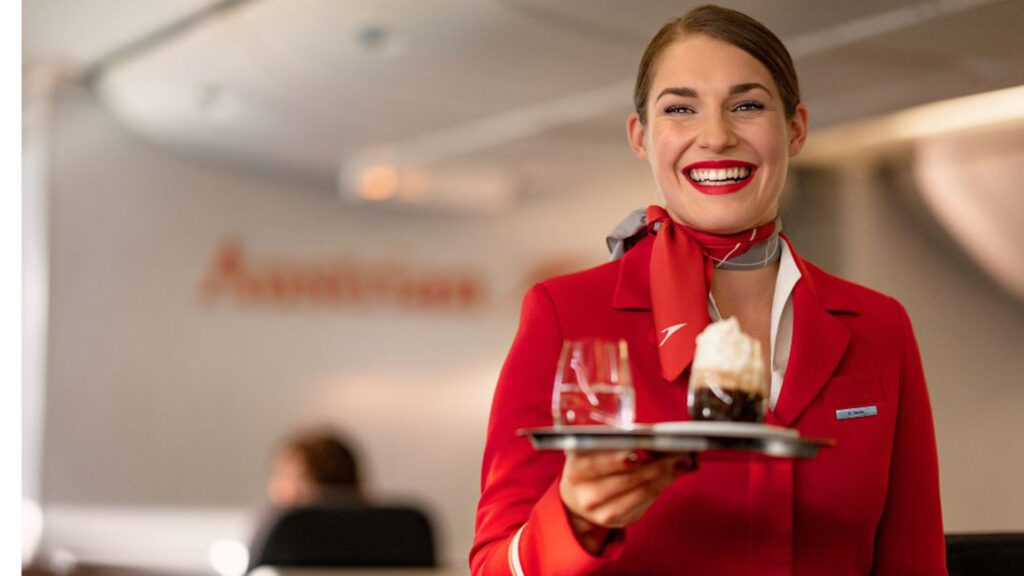
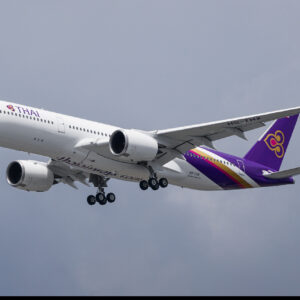
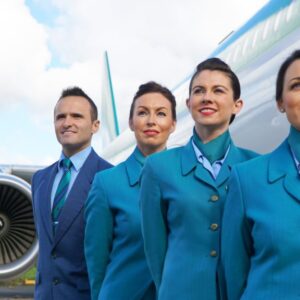
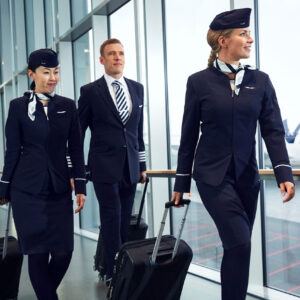

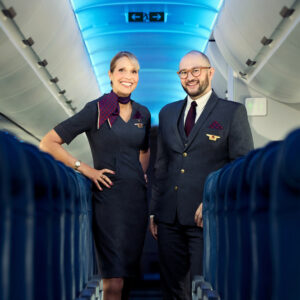
1 comment
Pingback: Flight Attendant Retirement in NZ